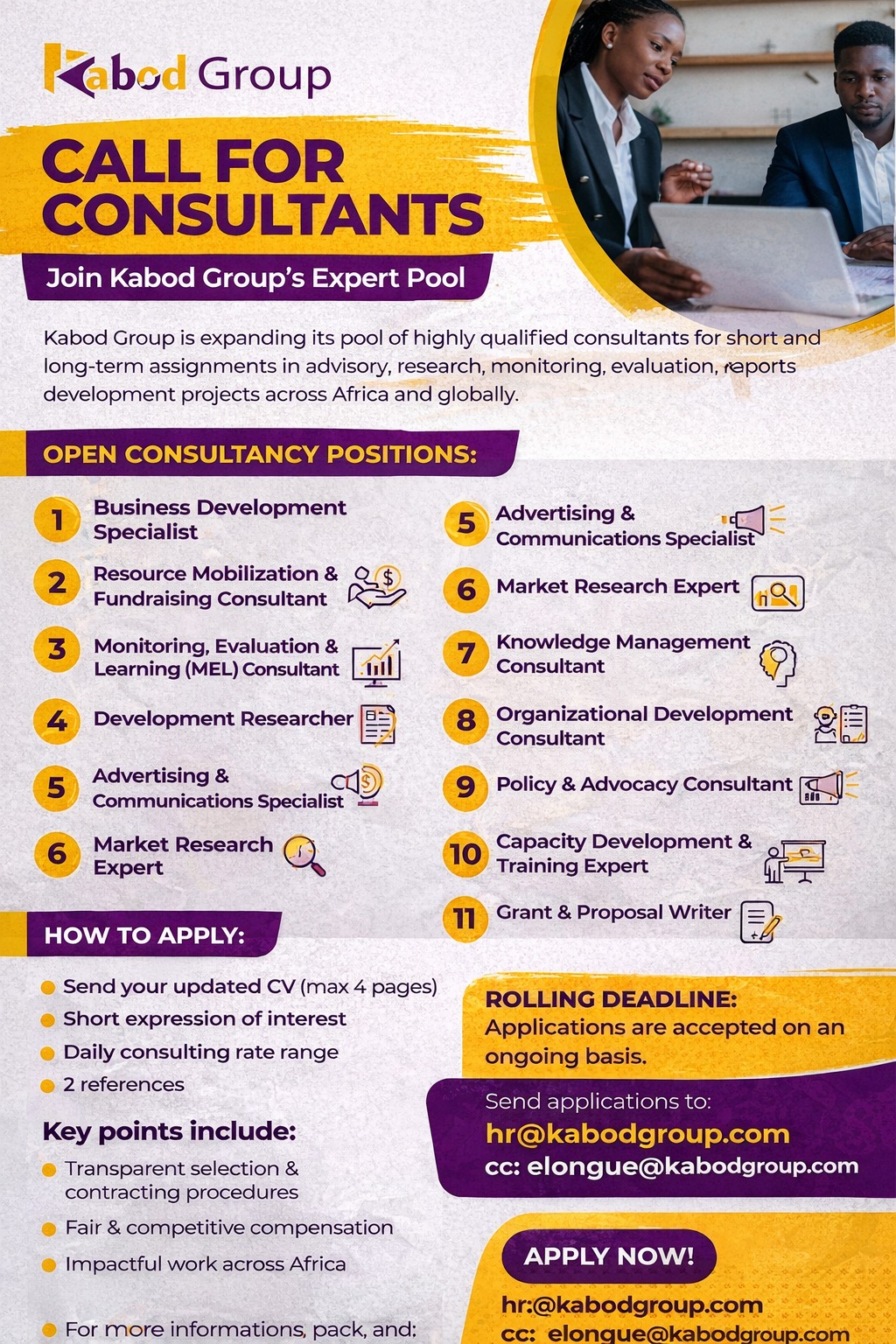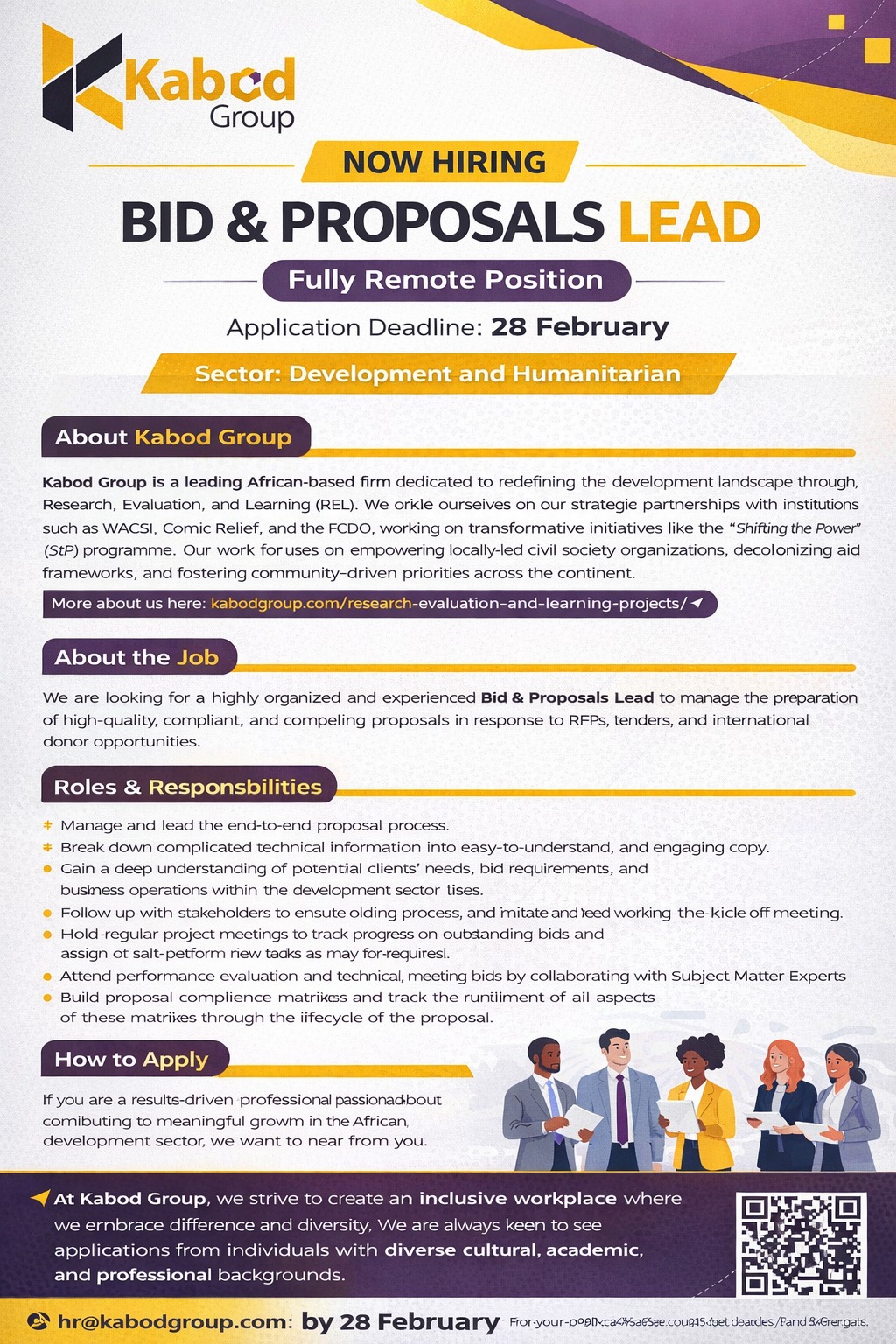Knowledge sharing is typically the procedure of transferring undocumented and documented information through people. In an organization, knowledge sharing enhances productivity as well as empowers staff members to do their jobs effectively and efficiently.
Employees do the job faster and wiser by getting uncomplicated access to observations, resources, and skills.

| Challenge | Solution |
| Lack of time | Embed knowledge-sharing into everyday processes and activities. |
| Lack of trust and no reward/motivation | Create an environment of trust. Implement reward and recognition programs. |
| Knowledge myth: “Knowledge is power.” | Recognize and reward those who share knowledge. |
| No knowledge of why, how, and what to do. | Leaders should clearly communicate knowledge objectives and goals through training, demonstrations, and webinars. |
| Lack of understanding of the importance of knowledge-sharing | Create a knowledge-sharing environment and emphasize its importance and benefits. |
| Habits of working individually | Regular success stories on how others are benefiting from knowledge-sharing. |
| Prioritizing other tasks over knowledge-sharing | First-level managers should model knowledge-sharing behaviours and attitudes for employees |
| Lack of leadership by example | Along with providing opportunities for knowledge sharing and building trust, senior stakeholders should lead by example. Anyone in a leadership position who evangelizes knowledge sharing will see better results if they practice what they preach. |
| Fear of negative consequences (losing their status, criticism, blame) | Position knowledge sharing as being a critical success factor for the organization. Facilitate ways for people to establish trusting relationships through enterprise social networks and face-to-face meetings |
Knowledge sharing is a great way of promoting a learning culture in the organization. To know more about knowledge sharing, contact us.




